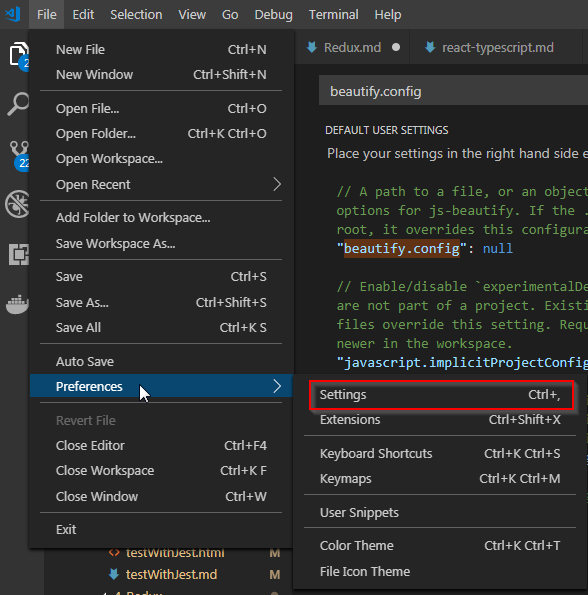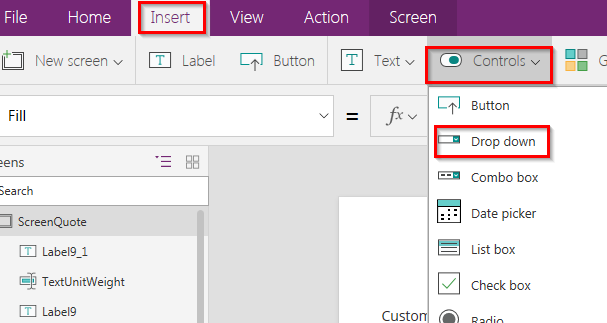Display Created/Provisioed/Cloned VM information using ansible
This will demonstrate how to collected information from Ansible and show the value on the screen.
Reference
YAML file
- name: Create VM from Template and Display Infomation
hosts: localhost
connection: local
tasks:
- name: Retrieve Cloned VM
vsphere_guest:
vcenter_hostname: 10.200.0.11
validate_certs: no
username: administrator@vsphere.local
password: password
guest: centostemplate04
vmware_guest_facts: yes
register: clonedvm
- debug:
var: clonedvm
Result value
[ansible@ansible01 test]$ ansible-playbook createtemplate.yml
[WARNING]: Unable to parse /etc/ansible/hosts as an inventory source
[WARNING]: No inventory was parsed, only implicit localhost is available
[WARNING]: provided hosts list is empty, only localhost is available. Note that the
implicit localhost does not match 'all'
PLAY [Create VM from Template] ************************************************************
TASK [Gathering Facts] ********************************************************************
ok: [localhost]
TASK [Retrieve Cloned VM] *****************************************************************
ok: [localhost]
TASK [debug] ******************************************************************************
ok: [localhost] => {
"clonedvm": {
"ansible_facts": {
"hw_eth0": {
"addresstype": "assigned",
"ipaddresses": [],
"label": "Network adapter 1",
"macaddress": "00:50:56:8f:72:d3",
"macaddress_dash": "00-50-56-8f-72-d3",
"summary": "VM Network"
},
"hw_guest_full_name": "CentOS 4/5/6/7 (64-bit)",
"hw_guest_id": "centos64Guest",
"hw_instance_uuid": "500f063b-75e6-c068-b5b5-812d3e139141",
"hw_interfaces": [
"eth0"
],
"hw_memtotal_mb": 4096,
"hw_name": "centostemplate04",
"hw_power_status": "POWERED ON",
"hw_processor_count": 1,
"hw_product_uuid": "420fa536-6a23-99d8-7cfd-25a298785c8b",
"module_hw": true
},
"changed": false,
"failed": false
}
}
PLAY RECAP ********************************************************************************
localhost : ok=3 changed=0 unreachable=0 failed=0
[ansible@ansible01 test]$
Summary
This showed how to collect the data. The next tutorial will manage IP networks using DHCP.



Comments
Post a Comment